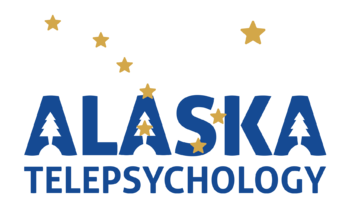Psychiatry
Stephanie BIRDSALL, PMHNP, on her Approach to Psychiatric Care
Psychiatric medication optimizes life by relieving mental health symptoms. Psychiatry can help you to be your best self and live your best life. I approach each patient individually, as treatments are not one-size-fits-all. Together, we will discuss medications as well as lifestyle modifications, psychotherapy, and other ways to improve well-being. High quality care often requires significant time working together, developing a joint focus and action plan. Therefore, I spend ample time with patients during both intakes and follow-up appointments. I work with patients to create a multi-disciplinary alliance with others, coordinating care as needed with therapists, primary care providers, medical specialists, and family members.
-
What does PMHNP stand for?
PMHNP stands for Psychiatric Mental Health Nurse Practitioner. I am also credentialed as an Advanced Practice Registered Nurse (APRN) and I have a Master’s degree in Social Work (MSW).
What is your scope of practice?
I most often work with patients ages 13+ who experience Autism Spectrum Disorder, ADHD, depressive disorders, anxiety disorders, Bipolar II, and/or trauma-related disorders. I work with children ages 10-13 if they are in psychotherapy. Typically, I do not take on patients with a psychotic disorders, Bipolar I/mania, or opioid use disorder.
Why do you only work with patients who have an established primary care provider?
Many medical conditions cause psychiatric symptoms. The best practice is to rule out disease-driven causes for psychiatric conditions before considering psychiatric medication. If you have not had a physical or wellness visit within the last six months, you must do so before your intake.
When and why do I need to sign a Release of Information form?
In advance of your intake, you will complete release of information forms for your primary care and psychiatric providers and therapist. We will request your records and review them before your first appointment. Please note that many offices also require a release of information originating from their office.
How long are appointments for new patients?
I prioritize developing a meaningful relationship and joint understanding with my patients, and therefore spend more time than typical in appointments. Initial intake appointments are 90 minutes, and include time spent collecting records, ordering labs, etc. The next appointment is scheduled one to two weeks after intake.
How long are appointments for established patients?
I see patients quarterly, even if no medication changes are being made. The goal is to monitor progress and to maintain stability. Appointments for established patients typically are 30 minutes long and happen every 2 - 6 weeks depending on the circumstance.
When are family members involved in psychiatric appointments?
Family members may be invited to attend a psychiatric appointment in order to provide observations of their family member’s functioning. Stephanie can also meet separately to collaborate with parents.
Can teenagers over the age of 16 participate in psychiatric appointments without their parent(s) present?
Parents are required to attend their child’s initial intake appointment. If a parent is unable to attend a subsequent appointment, they may complete a brief questionnaire ahead of time answering whether prescribed psychiatric medications are taken regularly, whether side effects have been observed, and general impressions of the teen’s functioning. Parents who notice big changes in their teen’s functioning are urged to contact our front desk to schedule to meet with Stephanie as soon as possible.

